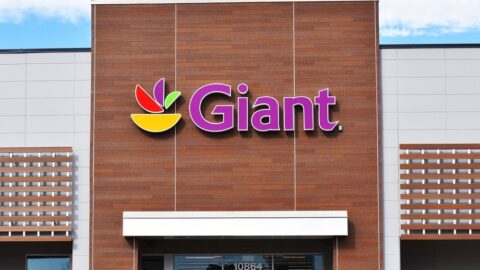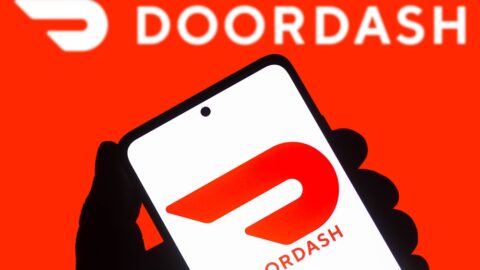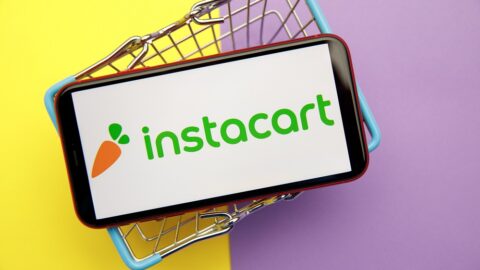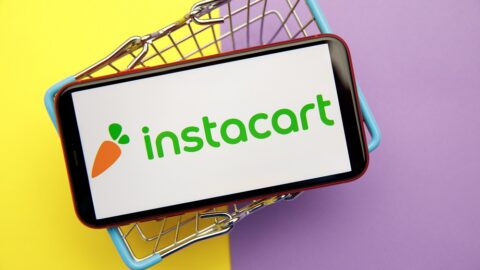Instacart and Whole Foods Market are terminating their grocery delivery partnership, a perhaps inevitable end after Amazon acquired the natural foods grocer in June 2017.
Instacart Founder and CEO Apoorva Mehta unveiled the “winding down” of the partnership in a blog post. Instacart will transfer approximately 75% of 1,415 part-time delivery employees working at 76 Whole Foods locations to other retailers after the separation, which is scheduled to begin in February 2019. Whole Foods plans to fully exit the Instacart partnership in the coming months.
The Amazon-Whole Foods acquisition sent shockwaves across U.S. grocery for its potential domino effect on delivery and pricing for online orders. Since the deal, Amazon expanded its own free two-hour delivery service from Whole Foods stores for Amazon Prime members, now available in more than 60 cities. Instacart was one of the major candidates — if not the top one — for feeling the biggest impact from the deal, in large part due to the breadth and reach of Amazon Prime.
“This news is very bad for the third-party vendors that provide delivery services or picking and packing services,” said Cooper Smith, Head of Amazon Research at L2 in an interview with Retail TouchPoints last year. “The Whole Foods deal was good for Amazon, good for Whole Foods and horrible for Instacart.”
But Instacart has done everything in its power to build itself up as a force within online grocery since the deal, raising $350 million in funding in March 2018 and then raising another $600 million in October. Instacart has reduced its dependence on Whole Foods by signing or expanding delivery deals with multiple large chains such as Kroger, Aldi, Costco, Sam’s Club, BJ’s Wholesale Club, Albertsons and Walmart Canada.
Within the past month, Instacart expanded its pickup click-and-collect service nationwide, dropped its delivery fee from $5.99 to $3.99 per order and cut the price of its Express membership from $149 to $99 per year. Despite all the worry about Instacart’s positioning, the company says it still works with more than 15,000 stores in 4,000 North American cities.
The end of the relationship is expected to reduce Instacart’s revenue by less than 5%, including any impact on the membership business, according to Recode. Speaking at a recent Recode event, Mehta shared that Whole Foods comprised approximately 1.5% of Instacart’s total sales. Whole Foods invested an undisclosed sum in the online delivery service when the companies signed a five-year delivery partnership in 2016.
Other grocers that have partnered with Instacart may see the Whole Foods exit as an opportunity reexamine their own issues, such as inventory and delivery infrastructure, said Pradeep Elankumaran, CEO and Co-Founder of online grocer Farmstead. These internal reviews can help them decide whether they want to stay in their partnerships with Instacart.
“Grocers are inefficient when it comes to order picking, packing and delivery, and they needed a company like Instacart temporarily as a crutch to help them find their true issues and the path forward to increasing online adoption,” Elankumaran said in commentary provided to Retail TouchPoints. “After two-plus years, grocers are getting better at understanding what customers are looking for with the shift to online, but there are still big changes they need to make. They’re realizing that partnering with Instacart and similar companies might not be what gets them there, given how long-term expensive and counterproductive these partnerships are on many levels.”












